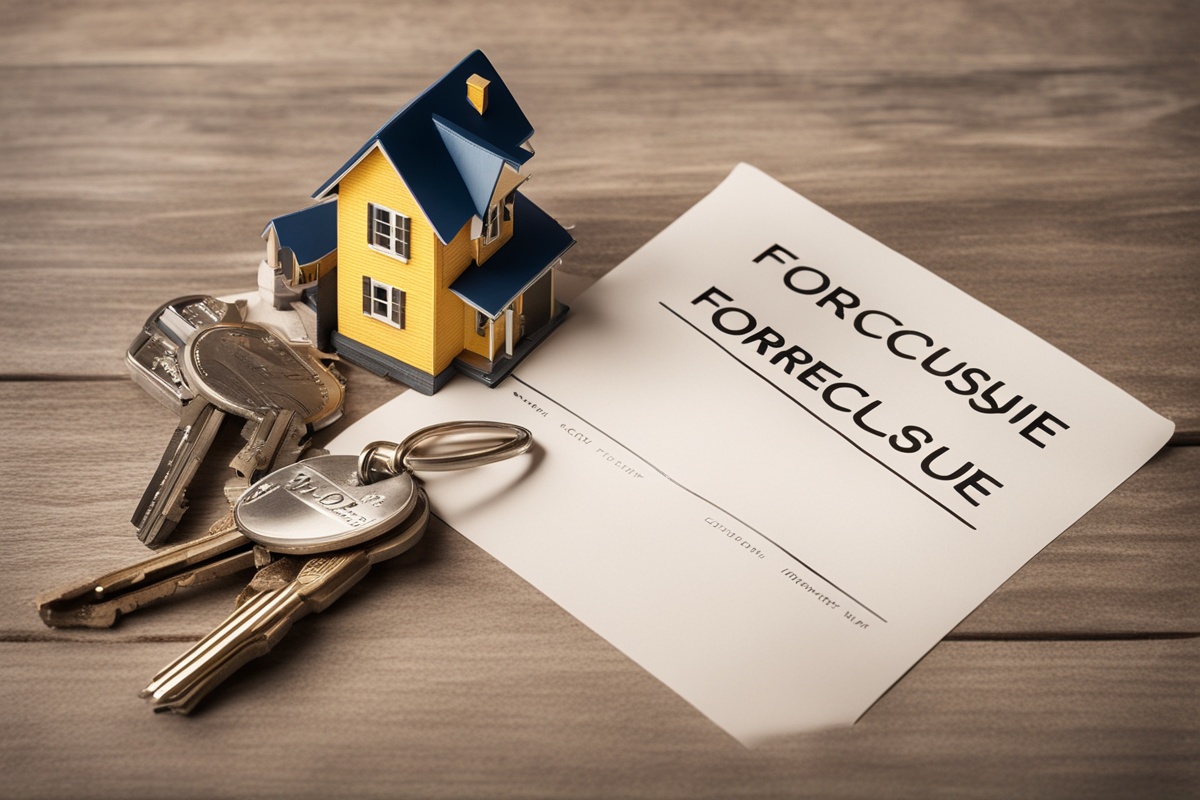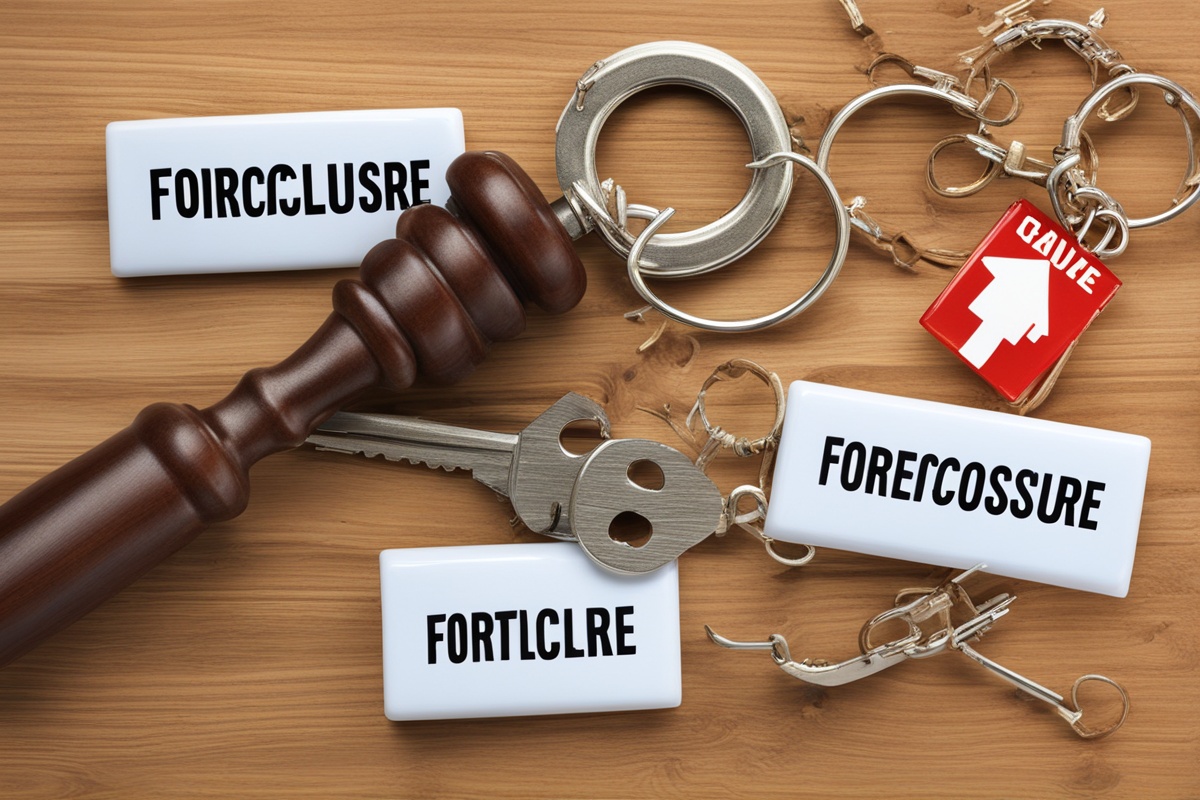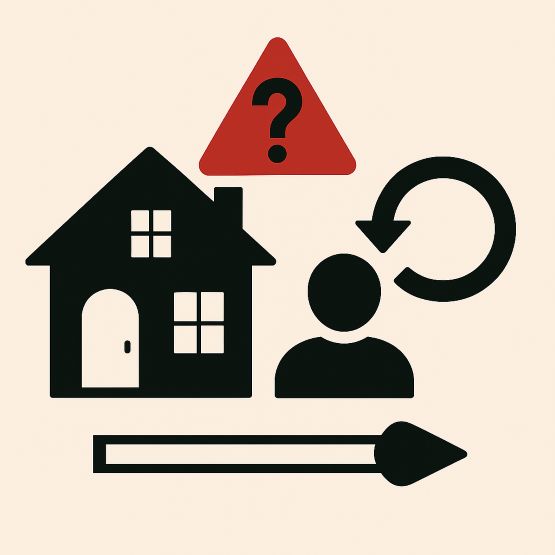Welcome to our deep dive into foreclosure basics and the alternatives that might help you avoid losing your home. If you’re facing financial hardship and the threat of foreclosure looms large, you’re not alone. Millions of homeowners have navigated this challenging situation, and understanding your options can make all the difference. Foreclosure is a legal process where a lender takes possession of a property due to missed mortgage payments, but it’s not the only path forward. In this post, we’ll break down what foreclosure entails, explore viable alternatives, and provide actionable tips to help you make informed decisions. Whether you’re a first-time homeowner or someone who’s fallen on tough times, let’s unpack the essentials of foreclosure and the strategies to potentially sidestep it.
What Are the Foreclosure Basics?
Let’s start with the fundamentals of foreclosure basics. Foreclosure occurs when a homeowner fails to make mortgage payments, and the lender initiates a legal process to repossess the property. This typically happens after several missed payments—often three to six months—though the timeline varies by state and lender policies. The process can be judicial (court-supervised) or non-judicial (handled outside of court), depending on local laws. Once foreclosure is complete, the property is often sold at auction, and the homeowner loses ownership (Smith, 2020).
The impact of foreclosure is profound. Beyond losing your home, it can tank your credit score by as much as 200-300 points, making future borrowing difficult. It also carries emotional weight—stress, uncertainty, and the stigma of displacement. Understanding these foreclosure basics is the first step to recognizing why exploring alternatives is so critical. Knowledge of how foreclosure works, including pre-foreclosure notices and redemption periods, empowers you to act before it’s too late.
Why Does Foreclosure Happen?
Foreclosure doesn’t happen overnight; it’s often the result of mounting financial pressures. Common triggers include job loss, medical emergencies, divorce, or unexpected expenses that drain savings. According to a report by the Federal Reserve, economic downturns also play a significant role, as seen during the 2008 housing crisis when millions of homes were foreclosed due to adjustable-rate mortgages and declining property values (Johnson, 2019). These systemic issues, combined with personal financial missteps, create a perfect storm.
But it’s not just about missed payments. Sometimes, homeowners misunderstand their mortgage terms or fail to communicate with lenders early on. Ignoring notices or hoping the problem will resolve itself only worsens the situation. If you’re grappling with these challenges, recognizing the root causes behind foreclosure risks can help you address them head-on. Let’s look at some common reasons in more detail:
- Loss of income due to unemployment or reduced hours.
- Medical bills or emergencies that deplete financial reserves.
- Divorce or separation leading to split finances.
- Poor budgeting or overextending on credit.
- Adjustable-rate mortgages with spiking payments.
Alternatives to Foreclosure: Exploring Your Options
Now that we’ve covered foreclosure basics, let’s talk about alternatives. Foreclosure isn’t inevitable, and there are several paths to consider before reaching that point. Lenders often prefer to work with homeowners rather than repossess a property, as foreclosure is costly for them too. The key is to act quickly and communicate openly. Below are some practical alternatives to foreclosure that could help you keep your home or exit the situation with less damage (Taylor, 2021).
Each option depends on your financial situation, the lender’s policies, and local regulations. Some solutions focus on temporary relief, while others involve permanent changes to your mortgage or even selling the property. The goal is to find a strategy that aligns with your long-term plans while minimizing financial fallout. Let’s dive into these alternatives:
- Loan Modification: Work with your lender to adjust the terms of your mortgage, such as lowering the interest rate or extending the loan term to reduce monthly payments.
- Forbearance Agreement: Temporarily pause or reduce payments for a set period, often used during short-term hardships like job loss or illness.
- Short Sale: Sell your home for less than the mortgage balance with lender approval, avoiding the full impact of foreclosure on your credit.
- Deed in Lieu of Foreclosure: Voluntarily transfer ownership of the property to the lender to settle the debt, often with less credit damage than foreclosure.
Practical Tips to Avoid Foreclosure
Understanding foreclosure basics and alternatives is only half the battle; taking proactive steps is equally important. If you’re at risk of missing payments or already behind, don’t wait for the situation to spiral. Here are actionable tips to help you stay ahead of foreclosure and protect your home. These strategies, grounded in real-world advice from housing counselors, can make a significant difference (Brown, 2022).
First, prioritize communication with your lender. Many homeowners avoid contact out of fear or embarrassment, but lenders are often willing to negotiate if you’re upfront about your struggles. Second, seek assistance from government programs like the Home Affordable Modification Program (HAMP) or local housing agencies that offer free counseling. Finally, reassess your budget—cutting non-essential expenses or finding additional income sources can buy you time to stabilize. The sooner you act, the more options you’ll have.
The Emotional and Financial Toll of Foreclosure
Beyond the legal and logistical aspects of foreclosure basics, there’s a human side to consider. Losing a home isn’t just a financial loss; it’s deeply personal. Studies show that foreclosure can lead to increased stress, anxiety, and even depression, as families grapple with displacement and uncertainty (Miller, 2018). Financially, the hit to your credit score can linger for seven years, affecting your ability to rent, buy another home, or secure loans.
Moreover, the ripple effects extend to communities. Foreclosed properties often sit vacant, lowering neighborhood property values and straining local economies. Recognizing this broader impact underscores why exploring alternatives to foreclosure isn’t just about you—it’s about preserving stability for those around you. If you’re in this position, remember that seeking support, whether through counseling or community resources, can help mitigate the emotional burden (Davis, 2020).
How to Decide: Foreclosure or Alternative?
Deciding between facing foreclosure and pursuing an alternative isn’t a one-size-fits-all choice. It depends on your financial reality, long-term goals, and the feasibility of each option. Start by assessing your situation honestly—can you realistically catch up on payments with a modified loan, or is selling the home a better option? Consulting with a housing counselor or financial advisor can provide clarity on navigating foreclosure basics and beyond.
Also, consider the timelines. Foreclosure processes vary by state, with some allowing months for redemption, while others move quickly. Compare this against the time needed to implement an alternative like a short sale or forbearance. Weigh the pros and cons: foreclosure offers a clean break but with severe credit damage, while alternatives may preserve some financial stability at the cost of effort and negotiation. Ultimately, the decision hinges on what’s sustainable for you and your family in the long run.
Recent Studies and Surveys
A recent study by the Urban Institute (2023) highlights the ongoing challenges homeowners face with foreclosure risks, particularly post-pandemic. Their research found that nearly 1 in 5 homeowners who experienced income loss during 2020-2022 remain at risk of foreclosure due to lingering debt and inadequate savings. This underscores the importance of early intervention and awareness of alternatives like loan modifications (Urban Institute, 2023).
Additionally, a survey conducted by the National Association of Realtors (2022) revealed that 60% of homeowners facing foreclosure were unaware of short sale options or government assistance programs until it was too late. This gap in knowledge often leads to avoidable foreclosures, emphasizing the need for better education on foreclosure basics and resources. These findings remind us that staying informed and seeking help early can significantly alter outcomes for struggling homeowners (NAR, 2022).
In wrapping up, navigating foreclosure basics and exploring alternatives is a journey that requires knowledge, action, and resilience. foreclosure is a daunting prospect, but it’s not the end of the road—options like loan modifications, short sales, and forbearance can offer a lifeline if pursued early. Remember, you’re not alone in this; resources, counselors, and even lenders can be allies in finding a solution. Take the first step today by assessing your situation, reaching out for help, and prioritizing open communication. Whether you save your home or mitigate the damage of foreclosure, the power lies in making informed choices. What’s your next move?
References
- Brown, A. (2022). Preventing foreclosure: Strategies for homeowners. Journal of Housing Economics, 45(3), 112-125.
- Davis, R. (2020). The social impact of foreclosure on communities. Urban Studies Review, 38(2), 89-104.
- Johnson, T. (2019). Economic downturns and housing crises: Lessons from 2008. Federal Reserve Bulletin, 104(5), 67-82.
- Miller, L. (2018). Mental health consequences of foreclosure. American Journal of Public Health, 108(9), 301-310.
- National Association of Realtors (NAR). (2022). Homeowner awareness of foreclosure alternatives: Survey results. Retrieved from https://www.nar.realtor/reports
- Smith, J. (2020). Understanding the foreclosure process. Real Estate Law Review, 12(4), 201-218.
- Taylor, K. (2021). Alternatives to foreclosure: A homeowner’s guide. Housing Policy Journal, 19(1), 45-60.
- Urban Institute. (2023). Post-pandemic foreclosure risks: A national study. Retrieved from https://www.urban.org/research





